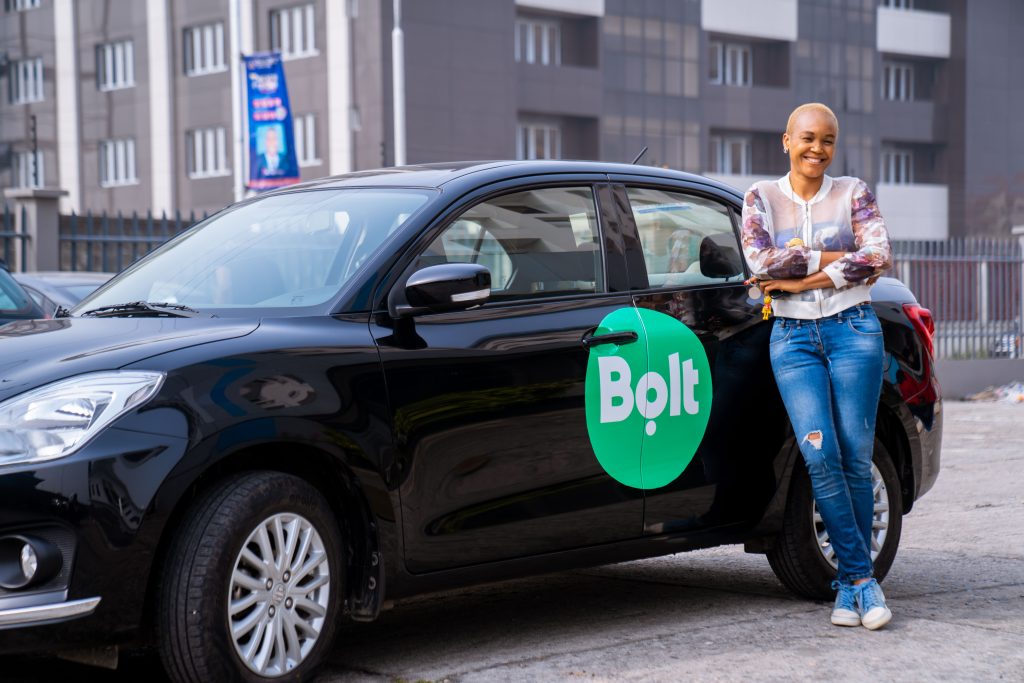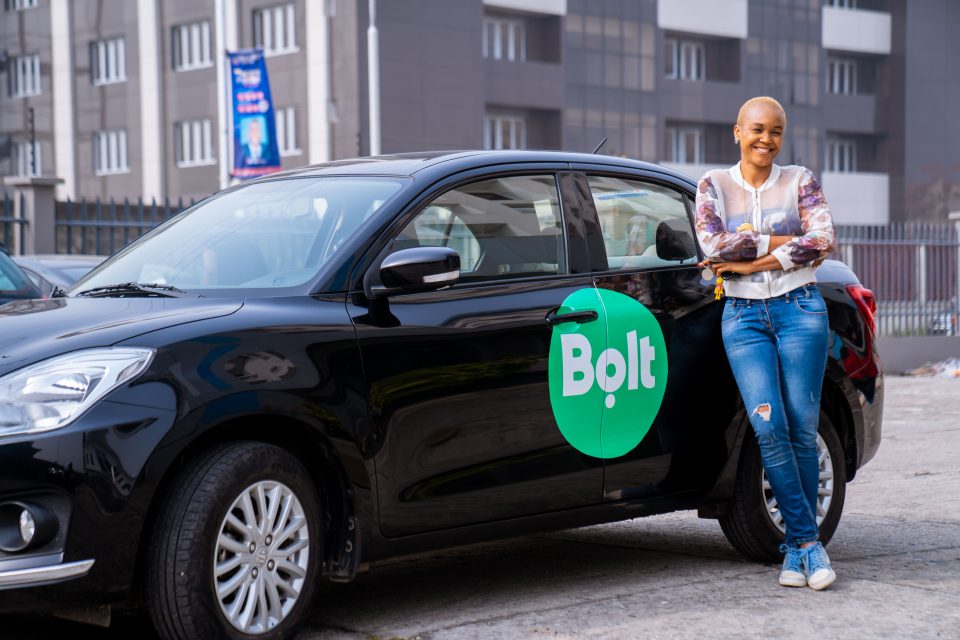
Simo Kalajdzic
As South Africa observes Transport Month this October, the country focuses on transport’s critical role in economic development and daily life. While traditional public transport modes such as taxis, buses, and trains remain essential, ride-hailing services reshape the transport landscape. Ride-hailing platforms like Bolt offer innovative solutions to address challenges like safety, accessibility, and inefficiencies within the country’s transport network.
At the recent Smarter Mobility Africa Summit, African leaders and decision-makers, including Bolt, discussed the potential of technology to address Africa’s mobility challenges. Ride-hailing services are well-positioned to be part of these solutions, particularly in South Africa, where gaps in traditional transport systems persist.
Filling Gaps in Public Transport
Public transport in South Africa plays a vital role in the movement of millions of people, but inefficiencies and safety concerns still plague the system. Overcrowded minibus taxis, unreliable bus schedules, and infrequent train services often frustrate commuters. This is especially true for those in remote or underserved areas, where access to public transport is limited.
Ride-hailing has emerged as a crucial alternative, filling these gaps and providing more flexible and reliable mobility. With the growing use of smartphones, ride-hailing platforms offer an on-demand service that is accessible to a broad segment of the population. Riders can request a ride within minutes, pay securely through the app or use cash, and track their trip in real-time, bringing transport a new level of convenience.
Moreover, ride-hailing supports the existing public transport ecosystem by serving as an essential “last-mile” connector. Many passengers use ride-hailing services to travel from bus and train stations to their homes or places of work, solving one of the key challenges in South Africa’s transport system—insufficient connectivity.
Economic Empowerment
One of the most significant contributions of ride-hailing to South Africa’s transport ecosystem is its impact on economic empowerment. The platform has created flexible earning opportunities for thousands of drivers across the country in a challenging job market. With high unemployment rates, especially among youth, ride-hailing provides a lifeline for those who may not have access to formal employment.
Drivers on platforms like Bolt enjoy the flexibility to choose their working hours, allowing them to balance their work with personal commitments. This flexibility also benefits students, parents, and part-time workers seeking ways to supplement their income. The economic ripple effects extend beyond the drivers, impacting vehicle maintenance, fuel sales, and insurance services, further stimulating local economies.
By offering training, support, and incentives to drivers, ride-hailing platforms also help to professionalise the informal transport sector, setting new standards for service quality and customer safety. These initiatives ensure that drivers are empowered to succeed while providing a reliable service to passengers.
Addressing Safety Concerns
Safety in public transport is a pressing issue in South Africa, where crime rates and road accidents remain high. Traditional public transport modes, such as taxis and trains, often face safety concerns that deter many commuters from using them regularly. Ride-hailing platforms offer a safer alternative, with built-in security measures that protect both passengers and drivers.
Ride-hailing services enable riders to track rides in real time, share trip details with family or friends, and access emergency assistance through the app. Platforms like Bolt have gone further by partnering with organisations such as the Automobile Association (AA) to offer integrated emergency response services. This feature allows drivers to instantly connect with AA’s 24/7 contact centre, which can deploy private security or emergency services if needed. Such safety measures significantly raise the personal security standard for drivers and passengers.
Driving Sustainability and Smarter Mobility
The conversations at the Smarter Mobility Africa Summit highlighted the growing importance of sustainability in Africa’s transport future. Ride-hailing platforms have the potential to contribute to this effort by promoting more efficient vehicle use and reducing the reliance on private car ownership. As cities become more congested, shared mobility services can help ease parking demand and lower carbon emissions.
While the widespread adoption of electric vehicles (EVs) in South Africa is still in its early stages, ride-hailing platforms have the potential to lead this transition. With international initiatives to introduce EVs into their fleets, companies like Bolt are exploring opportunities to make transport not only more accessible but also more environmentally friendly.
As we close off Transport Month, it is clear that ride-hailing platforms are not just a temporary trend but a vital part of South Africa’s transport ecosystem. These services address critical mobility challenges, create economic opportunities, and enhance safety and sustainability. Through continued innovation and partnerships, such as those explored at the Smarter Mobility Africa Summit, ride-hailing platforms are poised to play an even more significant role in shaping the future of transport in South Africa.
The future of mobility in South Africa is one of collaboration between public and private sectors, leveraging technology to create a safer, more efficient, and more inclusive transport system. Ride-hailing is leading the way, helping to ensure that South Africa’s transport ecosystem is prepared to meet the challenges of tomorrow.
Simo Kalajdzic, Senior Operations Manager at Bolt. He writes in his personal capacity.
INFO SUPPLIED.


